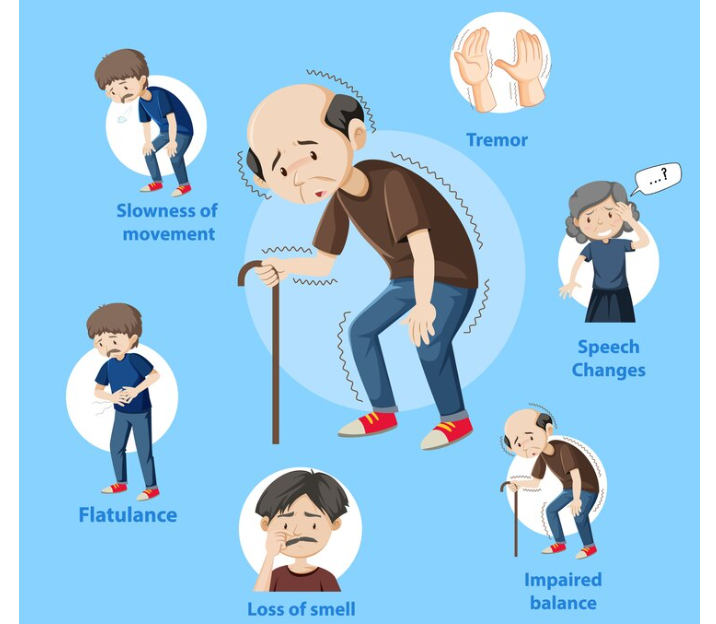
Pneumonia in Older Adults: Risk Factors and Prevention Strategies
Pneumonia is a respiratory infection that can pose serious health risks, especially for older adults. By understanding the factors that increase pneumonia risk and adopting effective prevention strategies, older individuals and their families can better protect their health. Let’s dive into how pneumonia affects seniors and what steps can be taken to reduce the risk.
Risk Factors for Pneumonia in Older Adults
1. Age-Related Immunity Decline
Aging naturally weakens the immune system, which makes it harder for the body to fight off infections like pneumonia. This age-related decline in immunity, known as immunosenescence, is a primary reason why seniors are more vulnerable to pneumonia than younger adults.
2. Chronic Health Conditions
Chronic illnesses are common in older adults and can increase pneumonia risk significantly. Conditions like chronic obstructive pulmonary disease (COPD), heart disease, and diabetes affect the body’s ability to recover from respiratory infections. Heart disease and diabetes, in particular, can reduce blood flow and oxygen delivery, making it harder for the body to combat infections effectively.
3. Smoking and Lung Health
Smoking damages the lung tissue, reducing lung function and immunity, which raises the likelihood of respiratory infections. In seniors, even past smoking can still impact lung health, while current smokers face a heightened risk of pneumonia and other respiratory diseases. Quitting smoking at any age, however, can still yield benefits for lung health and reduce pneumonia risk.
4. Reduced Mobility
Seniors who are bedridden or have limited mobility may develop reduced lung capacity and face challenges clearing lung secretions, increasing the chance of infection. Encouraging mobility, even with simple daily exercises, can improve lung function and decrease the risk of pneumonia.
5. Weakened Immune System Due to Treatment
Certain health conditions or medications that weaken the immune system, such as chemotherapy, corticosteroids, or autoimmune diseases, put seniors at a higher risk for pneumonia. These treatments can make it easier for bacteria and viruses to establish infections, underscoring the importance of preventive measures for those undergoing immune-suppressing treatments.
Prevention Strategies for Pneumonia in Older Adults
1. Vaccination for Pneumonia Prevention
Vaccination is one of the most effective ways to prevent pneumonia in older adults. The pneumococcal vaccine protects against the bacteria that most commonly cause pneumonia. The annual flu vaccine is also essential, as flu can lead to pneumonia, particularly in seniors. Consulting with a healthcare provider about vaccine schedules and booster shots is recommended to ensure maximum protection.
2. Practicing Good Hygiene
Practicing good hygiene is fundamental in preventing respiratory infections. Frequent handwashing, using alcohol-based hand sanitizers, and avoiding close contact with sick individuals are effective ways to reduce infection risk. Encouraging seniors to practice respiratory hygiene, like covering coughs and sneezes with a tissue or elbow, can also prevent the spread of germs that cause pneumonia.
3. Maintaining a Healthy Lifestyle
A strong immune system is supported by healthy lifestyle habits. Regular physical activity keeps the lungs active and helps clear secretions, reducing the chance of pneumonia. Balanced nutrition—rich in fruits, vegetables, lean proteins, and healthy fats—supplies the body with necessary vitamins and minerals, especially those with immune-boosting properties like vitamins C, D, and zinc. Adequate sleep and stress management also play crucial roles in maintaining immune resilience.
4. Avoiding Smoking and Secondhand Smoke
For current smokers, quitting smoking significantly reduces the risk of pneumonia and other respiratory issues. Avoiding exposure to secondhand smoke is equally important, as passive smoke can still damage lung tissue. Lung function improves even within weeks of quitting, making it a vital step in respiratory health management.
5. Staying Active and Mobile
Encouraging mobility in seniors can help maintain lung health and reduce pneumonia risk. Simple exercises like walking, stretching, and deep-breathing exercises help improve lung capacity, which is especially valuable for seniors with limited mobility. For bedridden seniors, gentle movements and chest exercises with the assistance of a caregiver can also improve lung function.
6. Regular Health Check-ups
Regular medical check-ups allow healthcare providers to monitor for signs of respiratory issues and other health conditions that may increase pneumonia risk. Seniors should also have open discussions with their doctors about any new symptoms, such as persistent cough, shortness of breath, or fever, as early intervention can prevent complications.
Conclusion
While pneumonia can be a serious health issue for older adults, proactive measures can make a significant difference. By understanding the risk factors and following preventative strategies, seniors and caregivers can help protect against pneumonia and improve overall respiratory health. From vaccination and good hygiene to quitting smoking and maintaining mobility, each step strengthens the body’s defenses, empowering older adults to live healthier, more resilient lives.
To seek medical advice, always consult a Doctor. Here are our recommended experts. Click here
To read more on Respiratory disease .


